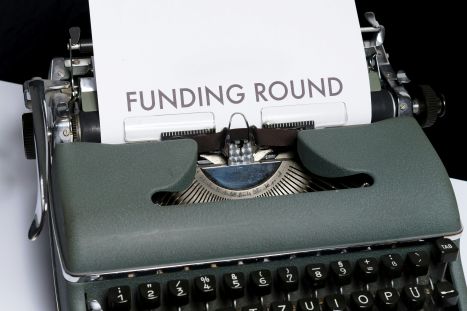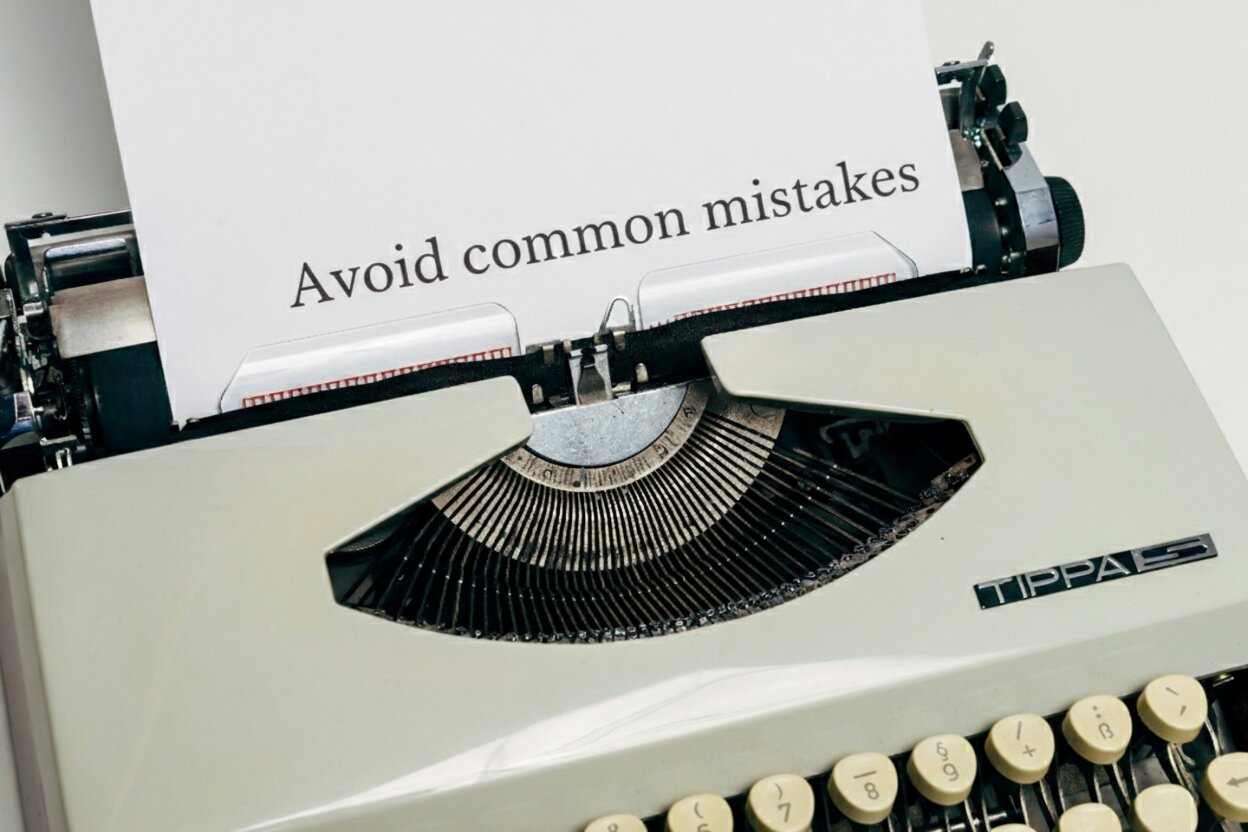Common Errors in Grant Proposals and How to Evade Them
Grant Proposal Writing | May 26th, 2025 | By Dorothy

Grant support is necessary for nonprofit groups, new companies, academics, and research organizations. A well-prepared grant proposal can help make your idea happen, whereas if you miss out on the proposal, you might have no resources to implement it. Regrettably, creative thoughts do not always advance when the proposal does not meet what is required.
This post emphasizes the most frequent errors encountered in grant proposals and provides useful tips to circumvent them. If you want to raise your chances of approval, spending money on grant proposal writing services will considerably influence the outcome.
Mistake #1: Vague Language and Scattered Objectives Kill Clarity
One of the most common grant writing problems is lack of clarity. Too often, reviewers will see proposals that leap between conclusions without developing a main, focused purpose. A proposal might say it addresses education, mental health, and the environment—three topics addressed within a single submission—without explicitly relating these topics.
How to Avoid It:
- Build your proposal upon one solid, quantifiable goal.
- Use plain, jargon-free language understandable by any reviewer.
- Be consistent with the mission of the funder and make the proposal responsive to their interests.
Pro Tip: A professional grant proposal writer can perfect your message and ensure every word is justified.
Mistake #2: A Weak Problem Statement Weakens Credibility
Funders are eager to invest in the resolution of actual, pressing problems—supported by facts, not guesses. Perhaps the most underutilized part of grant proposals is a strong, evidence-based problem statement. Broadly stating unsubstantiated claims, such as “homelessness is a huge issue in all cities,” just doesn’t fly.
How to Avoid It:
- Use current data, case studies, and expert opinions to establish the problem.
- Show the issue’s impact on targeted communities.
- Demonstrate that the problem fits within the funder’s mission.
Bonus Tip: A good online creative writing service can prepare problem statements that are a mix of emotion and credibility, grabbing the eye of any reviewer.
Mistake #3: Disregarding the Funder’s Rules Is an Expensive Mistake
Grant proposals usually have strict instructions. Disobeying them will result in immediate rejection—regardless of the quality of your proposal. It’s not uncommon to spend months organizing your presentation only to be eliminated because you filled out a PDF instead of using an online application.
How to Avoid It:
- Read all the instructions in the application package, no matter how trivial they appear.
- Use a checklist to double-check that formatting, word count, and attachments are in compliance.
- Verify eligibility prior to applying.
Tip: An experienced grant proposal writing professional will guide you through application portals and formats seamlessly.
Mistake #4: Incoherent Budget Justification
Budgets are not figures—budgets reflect priorities for your project. Far too many applicants send around inflated budgets that have little to do with the proposal’s story. This catches the funders’ eyes and diminishes your credibility.
How to Avoid It:
- Break down costs clearly and account for each line item.
- Make sure the budget aligns with the goals and timeline specified in the proposal.
- Don’t use round numbers or unsubstantiated cost estimates.
Tip: Experienced grant proposal writing professionals can create logical and convincing budgets that funders can rely on.
Mistake #5: Missing the Mark on Measurable Impact and Evaluation
Funders need outcomes. “We will assist many individuals” is not sufficient. A proposal needs to show how you will determine success and what those indicators are in the long term.
How to Avoid It:
- Add an evaluation plan that outlines how results will be monitored.
- Connect the anticipated impact to the funder’s goal directly.
Expert Tip: Partnering with an industry-leading pro writing expert can turn your impact section into a compelling, fact-based case for support.
Mistake #6: Last-Minute Submission Causes Expensive Mistakes
Last-minute submission usually leads to typos, missing forms, and lost attachments. Reviewers can tell when a proposal is rushed and usually, this will lead to missing out on funding.
How to Avoid It:
- Start your proposal writing process well in advance of the deadline.
- Provide time for several rounds of internal review.
- Request colleagues to proofread with a fresh pair of eyes.
Time-Saving Solution: A professional grant proposal writing service guarantees your application is submitted early, refined, and professional.
Bonus Tip: Forgetting to Tell a Compelling Story
While facts are important, funders also respond to human stories. Numbers by themselves will not make your proposal live. A good story can create a lasting impression.
How to Avoid It:
- Use true-life stories that illustrate the need and possibility for change.
- Combine storytelling with fact-based data to create emotional and rational appeal.
Creative Edge: Collaboration with an expert writing service can assist you in developing a story that’s inspiring as well as credible.
Shun Missteps, Win Funds—Make the Right Move Today
Shunning these frequent grant proposal missteps isn’t all about polished writing, it’s about putting more chances of obtaining vital funding in your direction. A successful proposal is one that merges clarity, focus, data, organization, and passion.
If you’re ready to impress funders with a powerful, mistake-free proposal, invest in professional grant proposal writing services or a trusted online creative writing service today. Let Writing Sharks handle the heavy lifting—reach out now and give your project the best chance at success.





